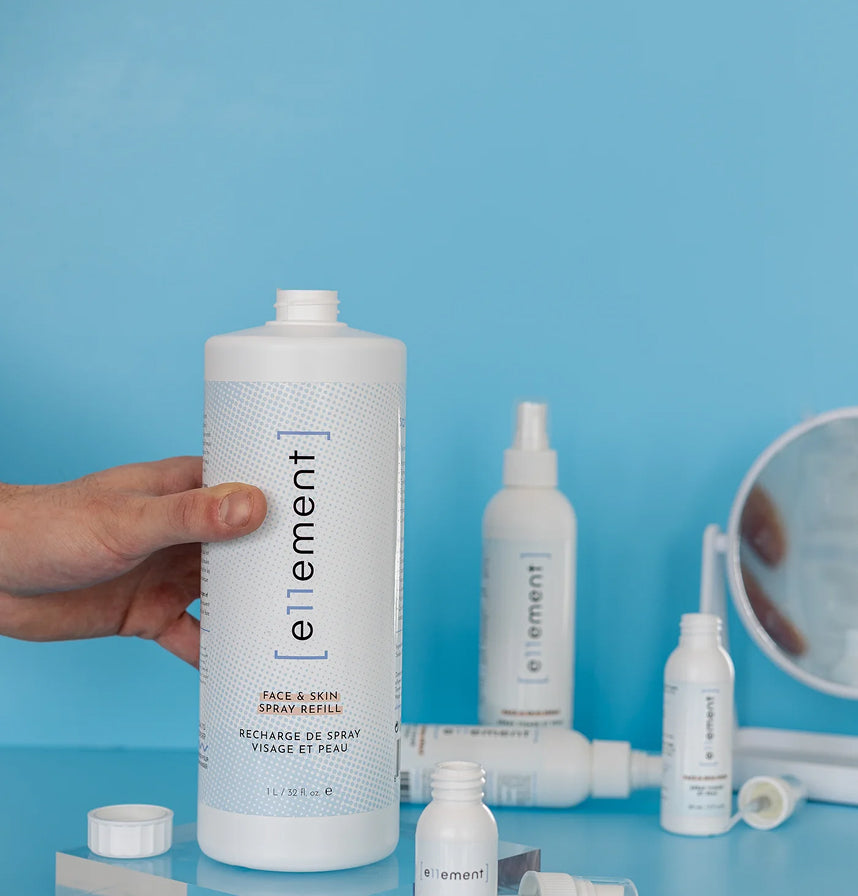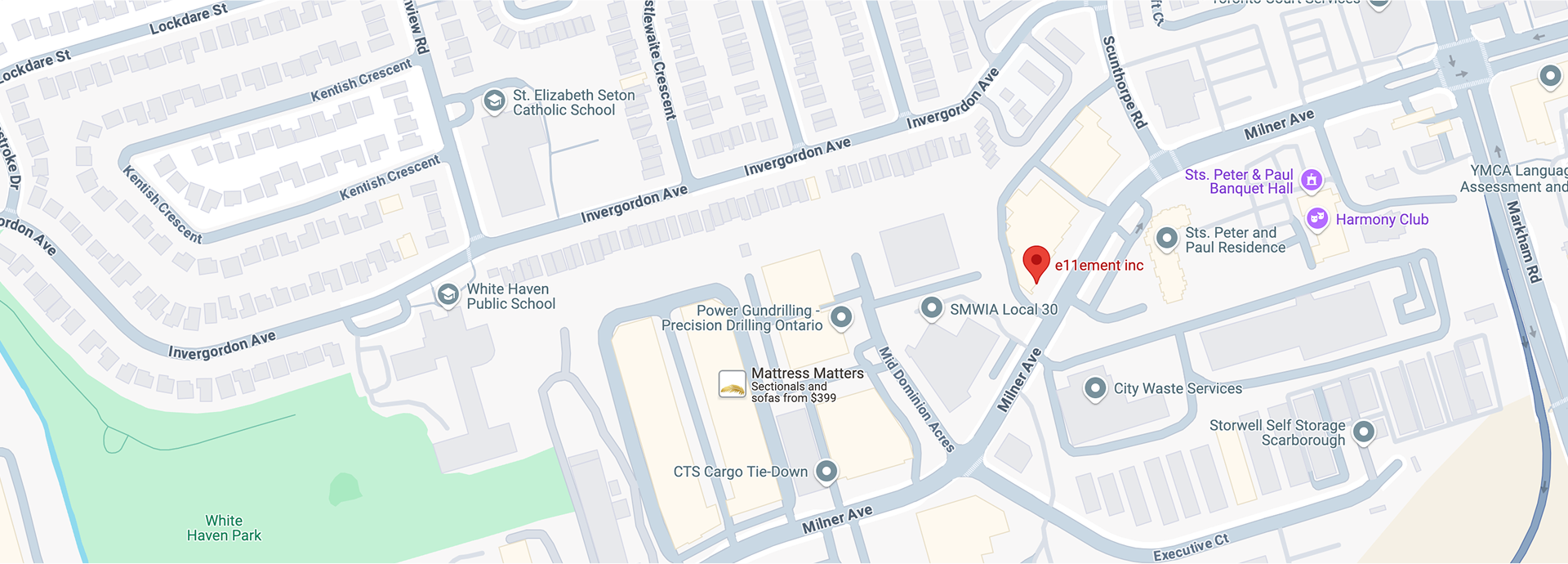Winter is a season that challenges the skin in multiple ways. The cold air outside, combined with indoor heating, often leaves the skin dry, sensitive, and prone to irritation. During this time, finding ingredients that soothe and protect the skin becomes essential. One such solution gaining attention in skincare routines is Winter Skincare with Hypochlorous Acid. Known for its gentle yet effective properties, hypochlorous acid is widely used in sprays and topical formulations that support skin health.
Understanding Hypochlorous Acid in Skincare
What is Hypochlorous Acid?
Hypochlorous acid is a naturally occurring molecule produced by white blood cells to support the body’s immune defense. In skincare, it is formulated into sprays and topical solutions that are safe, non-irritating, and suitable for sensitive skin.
Why It Matters for Skin Health
Unlike harsh ingredients that strip away natural oils, hypochlorous acid helps maintain the skin barrier while reducing discomfort from dryness and irritation. For individuals dealing with seasonal flare-ups of dryness or sensitivity, this gentle support can make a visible difference.

Why Winter Skincare Needs Extra Attention
Dryness and Dehydration
Cold winds and indoor heating strip moisture from the skin, leading to rough patches and flakiness. Conventional moisturizers help, but additional protective measures are often needed.
Increased Sensitivity
Winter conditions can also heighten skin sensitivity. Irritation, redness, and itching are common during colder months. This is where ingredients such as hypochlorous acid provide targeted relief.
Supporting the Skin Barrier
A healthy skin barrier prevents moisture loss and reduces susceptibility to external irritants. Winter skincare routines should focus on strengthening this barrier, making hypochlorous acid a suitable addition.
Benefits of Hypochlorous Acid for Winter Skincare
Gentle Hydration Support
While hypochlorous acid itself is not a moisturizer, it helps create an environment where the skin barrier functions more effectively. This allows moisturizers applied afterward to lock in hydration more efficiently.
Soothing Irritation
Dryness often causes discomfort such as itching and redness. Winter Skincare with Hypochlorous Acid offers a calming effect, making skin feel more balanced in harsh conditions.
Safe for All Skin Types
From oily to sensitive skin, hypochlorous acid is well-tolerated. Its mild nature makes it an inclusive option during the winter months when skin concerns vary widely.
Hypochlorous Acid Spray: An Easy Addition to Winter Skincare
How to Use Hypochlorous Acid Spray
-
After cleansing: Spritz directly onto the face to calm the skin before applying moisturizer.
-
During the day: Use as a refreshing mist when dryness or tightness is felt indoors.
-
For sensitive spots: Target areas prone to irritation such as cheeks, nose, or hands.
Advantages of Spray Application
The spray format allows even distribution without friction. Since winter skin is already sensitive, avoiding rubbing or tugging is beneficial.
Travel-Friendly Care
A small bottle of Hypochlorous Acid Spray can easily be carried in a bag or kept at the office desk, making it convenient for quick hydration support throughout the day.
Building a Winter Skincare Routine with Hypochlorous Acid
Step 1: Gentle Cleansing
Choose a mild, fragrance-free cleanser that does not strip natural oils. Follow with a few sprays of hypochlorous acid.
Step 2: Layering Moisture
After spraying, apply a hydrating serum or moisturizer. This combination helps seal in hydration while keeping the skin barrier supported.
Step 3: Daytime Protection
Include a broad-spectrum sunscreen, as UV rays remain harmful even in winter. A layer of hypochlorous acid underneath adds extra soothing comfort.
Step 4: Reapplication as Needed
Throughout the day, reapply Hypochlorous Acid Spray whenever dryness or discomfort is noticed. This habit helps maintain skin balance in fluctuating temperatures.
Comparing Hypochlorous Acid to Other Skincare Ingredients
Hypochlorous Acid vs. Hyaluronic Acid
-
Hyaluronic acid attracts water to hydrate skin.
-
Hypochlorous acid, on the other hand, supports barrier function and soothes irritation.
Together, they complement each other in a winter routine.
Hypochlorous Acid vs. Harsh Toners
Many toners contain alcohol or strong astringents that worsen dryness. Hypochlorous acid offers a calming alternative without stripping effects.
Safety and Considerations
Dermatologist Perspective
Dermatologists often recommend hypochlorous acid sprays for individuals with sensitive or compromised skin. It is considered low-risk and suitable for everyday use.
Patch Testing
Although generally safe, performing a patch test is advisable for those with very reactive skin. This ensures comfort before daily application.
Storage
Keep the spray in a cool place away from direct sunlight. Proper storage maintains product stability and effectiveness.
Conclusion
Winter is a demanding season for skin, requiring extra care and attention. Winter skincare with hypochlorous acid offers a practical solution for dryness, irritation, and sensitivity. Products such as hypochlorous acid spray can be seamlessly integrated into daily routines, supporting the skin barrier and providing relief throughout the cold months.
By pairing hypochlorous acid with gentle cleansers, hydrating serums, and protective moisturizers, individuals can maintain healthier, more comfortable skin all winter long.























